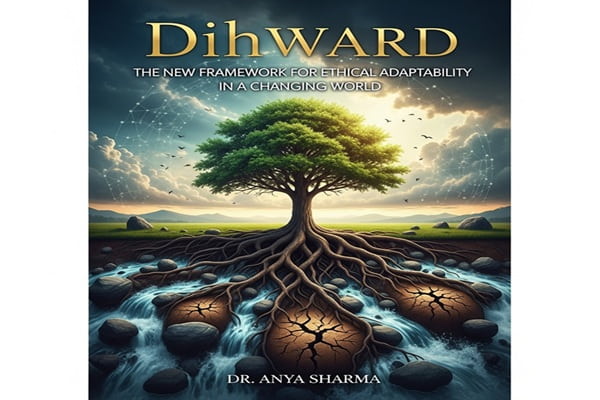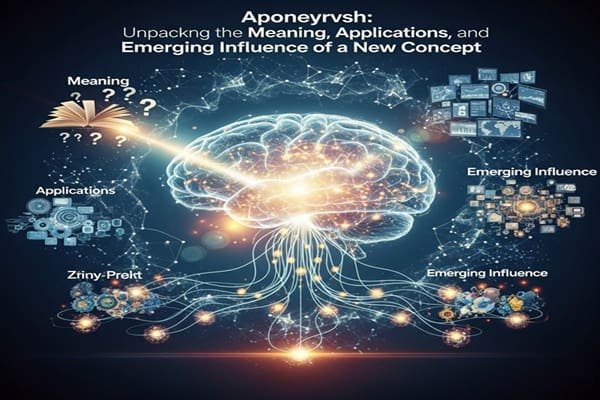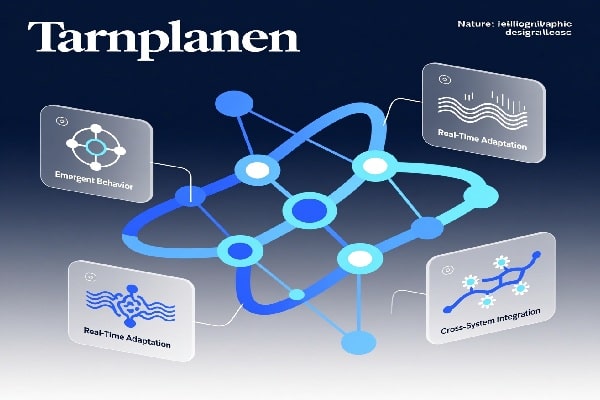Dihward Explained: The New Framework for Ethical Adaptability in a Changing World

If you’ve recently come across the word Dihward and thought, “What on earth does that mean?”—you’re not alone. It’s one of those terms that’s suddenly popping up in conversations about technology, culture, governance, and even personal growth. But here’s the thing: while it sounds a little mysterious, once you unpack it, Dihward actually makes a ton of sense.
At its heart, Dihward is about endurance, adaptability, and ethical resilience in fast-changing environments. Think of it as a mindset or framework that helps people, organizations, and even governments adapt to change—without losing sight of their values.
In this guide, we’ll dive deep into what Dihward means, why it’s so relevant right now, and how it can be applied across different areas of life and work. By the end, you’ll see why this concept might just become one of the defining philosophies of our digital age.
What Exactly Is Dihward?
The simplest way to understand Dihward is this: it’s a principle-based approach to sustainable adaptability.
Unlike rigid traditionalism (which resists all change) or reckless modernism (which embraces every change without thought), Dihward sits in the middle. It’s about structured flexibility—the ability to evolve and adapt while staying rooted in core values.
Here’s the philosophy in plain words:
-
Stability matters, but it can’t be static.
-
Adaptation is good—but without ethics, it leads to chaos.
-
Endurance only works if it’s aligned with purpose.
So whether you’re a policymaker, a CEO, or someone just trying to navigate modern life, Dihward offers a framework that balances change with integrity.
The Origins of Dihward
The word “Dihward” has some interesting roots:
-
“Dih” suggests a core or center—something stable and grounded.
-
“Ward” hints at protection or direction—like a guardian or guide.
Put together, Dihward is about guarding your core values while moving forward.
Although the term itself became popular in the early 2020s—especially in behavioral design and adaptive governance theories—the underlying philosophy isn’t new. Similar ideas can be found in older texts about resilience, balance, and ethics. The modern twist is applying these principles to today’s biggest challenges: AI, climate change, digital transformation, and cultural polarization.
Why Dihward Matters Today
Let’s be honest: the world feels like it’s moving faster than ever. And with that speed comes uncertainty. So why has Dihward become such a buzzword now?
Here are three big reasons:
-
Tech Acceleration – AI, automation, and algorithms are reshaping society, but we need frameworks to stop ethics from falling behind.
-
Climate Challenges – Resilience and adaptability are essential if we want to balance sustainability with survival.
-
Cultural Fragmentation – With polarization everywhere, we need a principle that encourages negotiation, balance, and shared values.
Key takeaway: Dihward is the missing ethical backbone in an age of hyper-change.
The 6 Core Principles of Dihward
Dihward isn’t just a nice idea—it’s actionable. Here are its guiding principles, explained in simple terms:
-
Value Anchoring – Always root decisions in non-negotiable ethical values.
-
Structured Flexibility – Adapt smartly without losing integrity.
-
Proactive Foresight – Don’t just react; anticipate and prepare for change.
-
Ethical Accountability – Every action should align with responsibility, not shortcuts.
-
Resource Prudence – Think long-term, not just short-term gains.
-
Collective Synergy – Build networks that focus on cooperation, not constant competition.
These principles make Dihward universal—something governments, companies, and individuals can all apply.
How Dihward Applies Across Different Fields
Let’s bring this concept down to earth. Here’s how Dihward thinking shows up in real-world domains:
1. Governance and Public Policy
Governments can adopt Dihward to make balanced decisions during crises. Example: pandemic policies that protected public health and economic stability.
2. Business and Economics
Companies that embody Dihward pivot during disruptions without abandoning their workers or sustainability commitments. It’s agile, but ethical.
3. Technology and AI
As AI makes more decisions, embedding structured flexibility and ethical anchoring ensures machines serve humanity—not just efficiency.
4. Personal Development
For individuals, Dihward is mental resilience: adapting to life’s changes without losing identity, integrity, or purpose.
Cultural and Ethical Dimensions
Culture is always caught between preserving identity and embracing change. Dihward provides the middle path.
-
It rejects blind nostalgia (clinging to the past).
-
It avoids uncritical futurism (chasing trends without thought).
-
Instead, it balances heritage with innovation.
Common Misconceptions About Dihward
Because it’s still a new concept, people often get it wrong. Let’s clear up a few myths:
“It means resisting change.”
Nope. Dihward encourages change—but with principles intact.
“It’s just philosophy.”
Not true. Dihward directly influences policy, design, and everyday decision-making.
“It’s anti-technology.”
Wrong again. Dihward thrives in tech spaces by making innovation more ethical and human-centered.
Also Read : Who Is the Owner of Zudio? 7 Facts That’ll Blow Your Mind
Dihward in the Digital Age
We live in a world dominated by algorithms and fast information. Here’s how Dihward shows up digitally:
-
Social Media: While platforms reward extremes, Dihward promotes balanced, evidence-based narratives.
-
Corporate Tech: In digital transformation, it ensures adoption of new tools without ethical compromises.
-
AI Workflows: It creates smarter, safer systems by embedding morality into automation.
Building a Dihward-Oriented Mindset
So, how do you actually live Dihward—whether as a leader, employee, or individual?
Here are some practical steps:
-
Audit your values: Know your non-negotiables before making tough choices.
-
Plan for disruption: Run scenarios where ethics are tested.
-
Embed safeguards: Create systems that auto-correct when principles slip.
-
Think long-term: Avoid short-term wins that cost future stability.
The Future of Dihward
Looking ahead, Dihward isn’t just a passing buzzword—it’s likely to become a guiding principle in major fields:
-
Governance & Leadership Training – Curriculums embedding Dihward principles.
-
Corporate ESG Models – Sustainability frameworks rooted in Dihward metrics.
-
AI Compliance Systems – Ensuring algorithms operate with ethics by design.
-
Education – Teaching adaptability and ethical decision-making from an early age.
Simply put: the future belongs to systems that evolve without losing trust—and Dihward ensures exactly that.
Final Thoughts: Why Dihward Matters More Than Ever
We’re living in unpredictable times. From climate change to AI disruption, the world is shifting under our feet. In this chaos, Dihward offers a compass.
It’s not just a concept—it’s a survival strategy. It shows us how to move forward without losing what matters most: our values, ethics, and identity.
As we face the 21st century’s challenges, don’t think of Dihward as an abstract term. Think of it as the mindset that helps individuals, businesses, and governments navigate storms—without drifting off course.
FAQs About Dihward
1. What does Dihward actually mean?
It’s a framework for ethical adaptability and structured resilience—balancing stability with change.
2. Is Dihward a new concept?
Yes and no. Its roots connect to age-old principles, but the term emerged in the 2020s as a response to rapid global shifts.
3. How is Dihward different from resilience or flexibility?
Resilience is about bouncing back. Flexibility is about quick adjustment. Dihward combines both—anchored by ethics.
4. Where can Dihward be applied?
Across governance, business strategy, AI ethics, education, and personal growth.
5. Why is Dihward important in the digital age?
Because in a time of automation and rapid change, progress without ethics is dangerous. Dihward ensures growth without losing integrity.
adaptability model changing world digital ethics Dihward ethical adaptability ethical living future of ethics innovation modern framework resilience
Last modified: September 2, 2025



